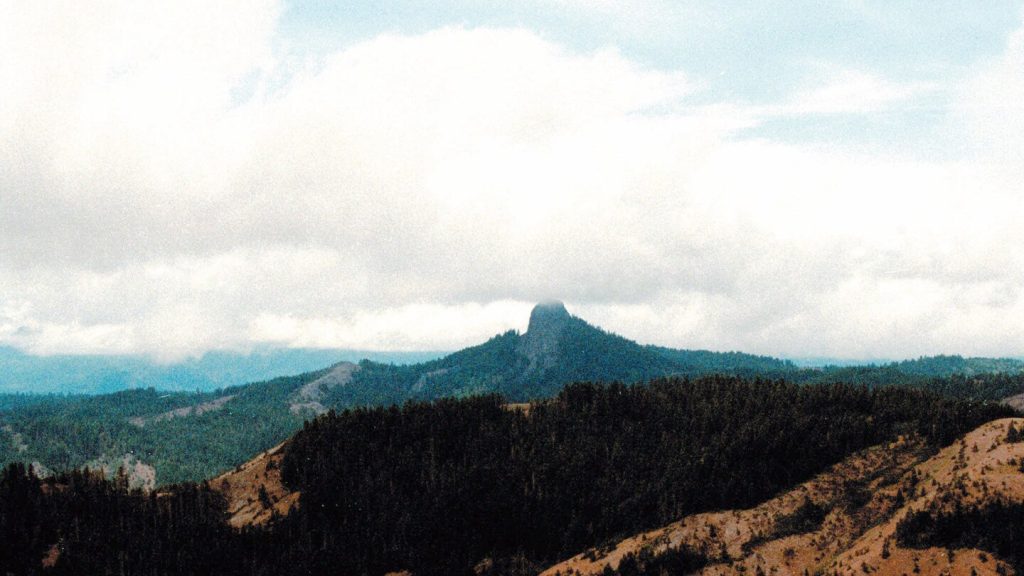The Cascade-Siskiyou National Monument in the remote wilderness along the California-Oregon border will not lose any of its acreage after the U.S. Supreme Court declined to take up two challenges to its expansion. This decision comes after logging interests and several counties in Oregon had filed a lawsuit claiming that President Barack Obama had improperly made the designation in 2017, as Congress had previously set aside the land for timber harvests. The challenges also raised the broader question of whether the president’s authority to create national monuments unilaterally under the Antiquities Act should be restricted, a debate that the Supreme Court chose not to address.
The monument, which was created in 2000, is considered an ecologically valuable juncture of the ancient Siskiyou Mountains and the younger volcanic Cascades. It contains a diverse mix of plants and wildlife, ranging from cactus to old-growth fir forests, desert snakes to salamanders. The monument was expanded by about 48,000 acres seven years ago, bringing it to a total of 114,000 acres. Despite being remote and less visited than other federal lands, the Cascade-Siskiyou National Monument is popular for activities such as fishing, hunting, hiking, skiing, and snowmobiling.
While most of the monument is in Oregon, there are about 5,000 acres in California located adjacent to the state’s Horseshoe Ranch Wildlife Area. The petitions against the monument’s expansion were filed by the American Forest Resource Council, a trade group representing logging companies, along with a coalition of Oregon counties and the Murphy Company, a timber supplier. They argued that the Antiquities Act couldn’t trump federal regulations to preserve timber harvests on O&C Lands, originally designated for a railroad project between San Francisco and Portland but later conveyed back to the government with conditions. Logging companies stood to lose millions of board feet of timber that could be harvested in the monument, while counties on O&C Lands would lose revenue from timber sales.
“We’re disappointed the Supreme Court did not take this historic opportunity to provide balance to growing executive overreach on federal lands through the Antiquities Act, and legal clarity for our forests, communities, and the people who steward them,” said Travis Joseph, president of the American Forest Resource Council. The challenges to the monument’s expansion were previously denied in two separate appellate court rulings. The decision to uphold the expansion of the Cascade-Siskiyou National Monument ensures that the area will continue to receive special protections, including a prohibition on logging, to preserve its unique ecological value and biodiversity.


